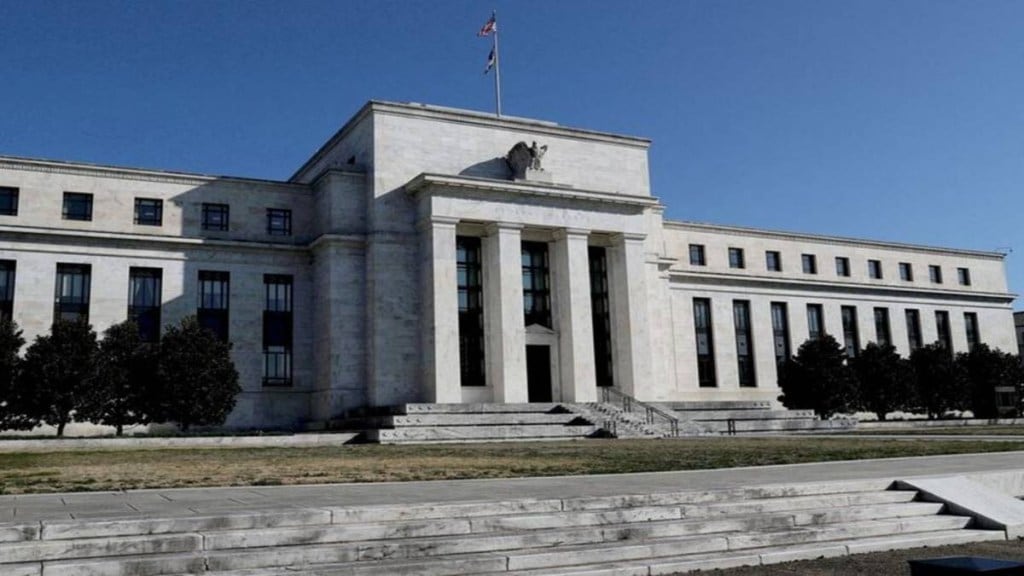Economists said that global central banks and Reserve Bank of India (RBI) will maintain status quo on policy interest rate in FY24 as the US Fed gave a hawkish outlook while they continued to see inflation significantly above their tolerance limit, in the latest minutes of FOMC. “On the domestic front as well, the threat of elevated inflation has resurfaced. Apart from weather related concerns around food inflation, we remain wary about the rise in global edible oil and crude oil prices. We expect RBI to maintain the status quo on policy interest rate in FY24. We expect some moderation in food inflation as seasonal impact wanes,” said Rajani Sinha, Chief Economist, CareEdge. She further added that the progress of the monsoon and its consequent impact on inflation will be a key monitorable.
In the latest minutes of the FOMC, the Federal Reserve continued to see inflation significantly above their tolerance limit, which has increased the possibility of a rate hike in forthcoming policies. The Federal Reserve released the minutes of the FOMC meeting earlier last week. The meeting was held on July 25-26, 2023. FOMC said it “continued to see significant upside risks to inflation, which could require further tightening of monetary policy”.
However, FOMC said that several signs that reflected inflation could be abating include softening in core goods prices, lower online prices, evidence that firms were raising prices by smaller amounts than previously, slower increases in shelter prices, and recent declines in survey estimates of shorter-term inflation expectations and of inflation uncertainty. Even so, FOMC maintained that inflation remained ‘unacceptably high’. “Recent indicators suggest that economic activity has been expanding at a moderate pace. Job gains have been robust in recent months, and the unemployment rate has remained low. Inflation remains elevated. The US banking system is sound and resilient. Tighter credit conditions for households and businesses are likely to weigh on economic activity, hiring, and inflation,” it said. FOMC maintained that the extent of these effects remain uncertain and the committee remains highly attentive to inflation risks.
“Despite the recent moderation in inflationary pressures, minutes of the July FOMC meeting emphasized on upside risks to inflation. FOMC members opined that more evidence was required to be confident that inflation was on the path to achieve the 2 per cent target. With this, the FOMC has kept the door open for further tightening if required,” said Rajani Sinha.
The Committee said that the members will take into account the cumulative tightening of monetary policy, lags with which monetary policy affects economic activity and inflation, and economic and financial developments, to determine the extent of additional policy tightening in order to return inflation to 2 per cent over time.
“It does look like that the responses of the Fed as well as other central banks will be cautious in this environment. This sentiment has already exerted upward pressure on bond yields which are felt even in India. It does look certain now that none of the central banks – US, Euro, BOE and RBI will be lowering rates this calendar year. In fact, the possibility of lowering rates gets stretched beyond March 2024. Further rate hikes cannot be ruled out even for the Fed as the inflation trajectory is not comforting as yet,” said Madan Sabnavis, Chief Economist, Bank of Baroda.
